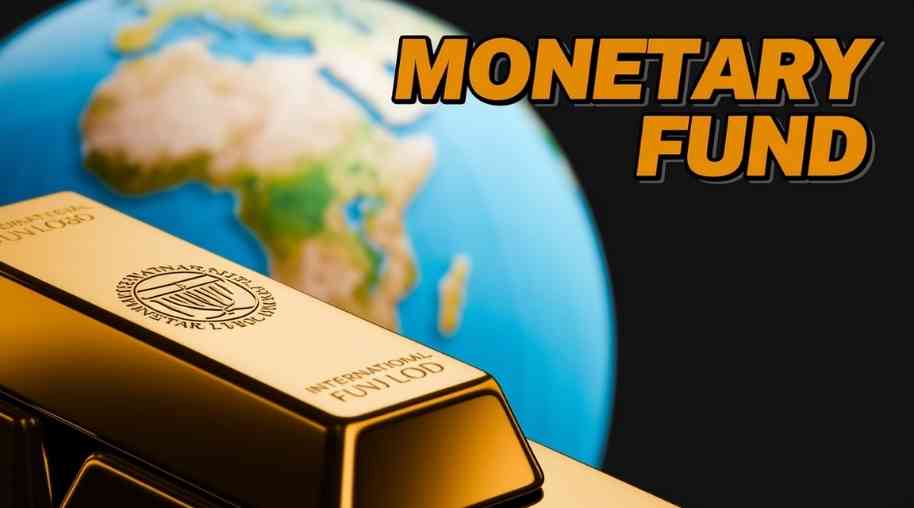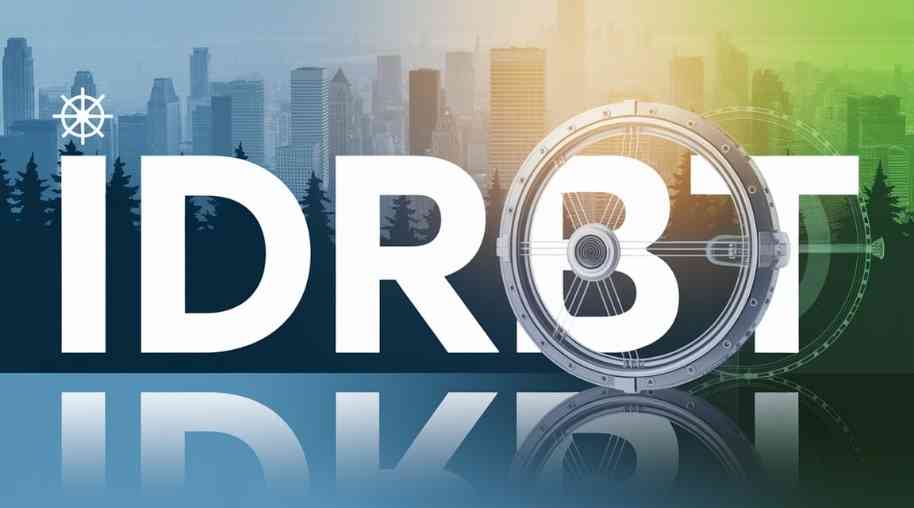IMF Full Form-International Monetary Fund
by Shashi Gaherwar
0 1974
International Monetary Fund (IMF): Role, Functions, and Global Impact
The International Monetary Fund (IMF) is one of the most influential financial institutions in the world, dedicated to promoting global monetary cooperation, financial stability, and economic growth. Established in 1944 at the Bretton Woods Conference, the IMF plays a crucial role in supporting economies, preventing financial crises, and fostering sustainable development.

History and Establishment of the IMF
The IMF was created in response to the Great Depression and World War II, which highlighted the need for a global financial system to prevent economic instability.
- The organization officially came into existence on December 27, 1945, with 29 member countries, and has since grown to include 190 member nations.
- Headquartered in Washington, D.C., the IMF works closely with its members to ensure economic stability by providing financial aid, policy advice, and technical assistance.
Functions of the IMF
The IMF's primary objective is to ensure the stability of the international monetary system. To achieve this, it performs several key functions:
- Monitoring the Global Economy: The IMF closely observes economic developments across countries, identifying risks and opportunities.
- Providing Financial Assistance: It offers loans to member countries facing balance of payments crises or economic downturns.
- Technical Assistance and Capacity Development: The IMF helps governments strengthen economic policies, improve governance, and develop financial institutions.
- Policy Advice and Economic Reforms: Member countries receive guidance on monetary policies, exchange rates, inflation control, and fiscal reforms.
- Promoting International Trade: The IMF encourages free trade, ensuring that economies remain open and competitive.
IMF Lending and Financial Support
One of the most critical roles of the IMF is providing financial assistance to countries in crisis.
- Stand-By Arrangements (SBA): Short-term financial support to address economic imbalances.
- Extended Fund Facility (EFF): Medium-term assistance for structural economic reforms.
- Rapid Financing Instrument (RFI): Emergency aid for sudden economic shocks, such as natural disasters or pandemics.
- Poverty Reduction and Growth Trust (PRGT): Low-interest loans for developing nations to support sustainable development.
IMF’s Role in Global Financial Stability
The IMF plays a crucial role in preventing financial crises and ensuring global economic stability.
- Identifying Economic Risks: Through the World Economic Outlook (WEO) and Global Financial Stability Report (GFSR), the IMF assesses economic vulnerabilities.
- Providing Early Warnings: The institution warns countries about potential financial risks and advises on corrective measures.
- Encouraging Policy Coordination: The IMF promotes collaboration between governments to maintain financial stability worldwide.
Challenges and Criticisms of the IMF
Despite its essential role in global finance, the IMF has faced criticism and challenges:
- Structural Adjustment Programs (SAPs): Some argue that IMF-imposed economic reforms, such as austerity measures, can harm local economies.
- Lack of Representation: Developing countries often claim that advanced economies, particularly the United States and European nations, have more influence over IMF policies.
- Debt Burden: Some countries struggle to repay IMF loans, leading to prolonged economic instability.
- Effectiveness of Economic Policies: Critics question whether IMF policies always lead to sustainable growth, particularly in emerging economies.
IMF’s Role in Economic Recovery and Crisis Management
The IMF has played a significant role in supporting economies during major crises:
- The 2008 Global Financial Crisis: Provided emergency financial support and policy recommendations to prevent economic collapse.
- COVID-19 Pandemic: Offered rapid financial assistance to struggling nations, helping them manage economic downturns and healthcare costs.
- Debt Crises in Developing Countries: Assisted nations like Argentina and Greece in restructuring their economies and stabilizing their financial systems.
The International Monetary Fund (IMF) remains a cornerstone of global economic stability, providing essential financial aid, policy guidance, and crisis management. Despite facing criticisms, its role in preventing financial crises and supporting economic growth is undeniable. As the world navigates new financial challenges, the IMF’s influence in shaping the future of the global economy will continue to be significant.
Further Learning Resources
If you’re passionate about building a successful blogging website, check out this helpful guide at Coding Tag – How to Start a Successful Blog. It offers practical steps and expert tips to kickstart your blogging journey!
For dedicated UPSC exam preparation, we highly recommend visiting www.iasmania.com. It offers well-structured resources, current affairs, and subject-wise notes tailored specifically for aspirants. Start your journey today!

Share:








Comments
Waiting for your comments